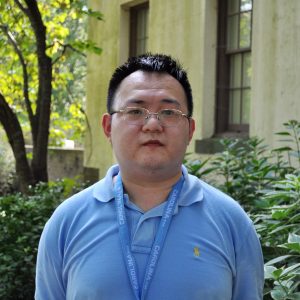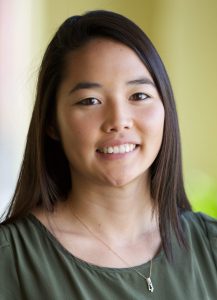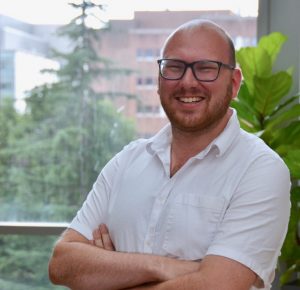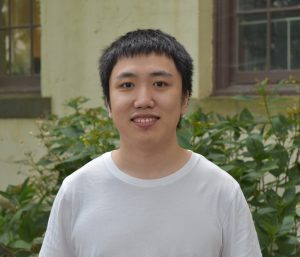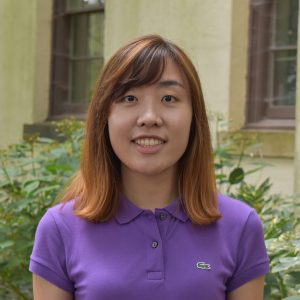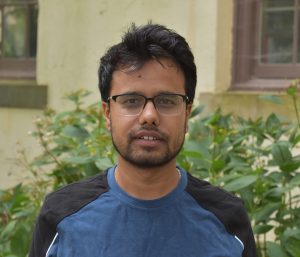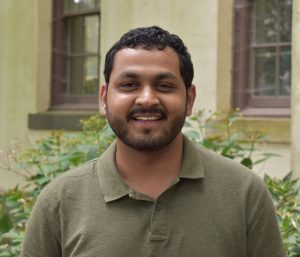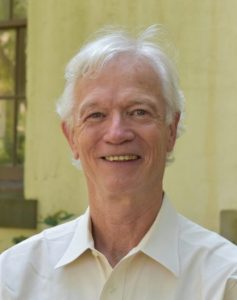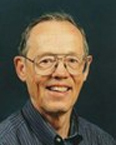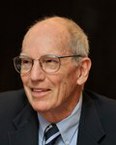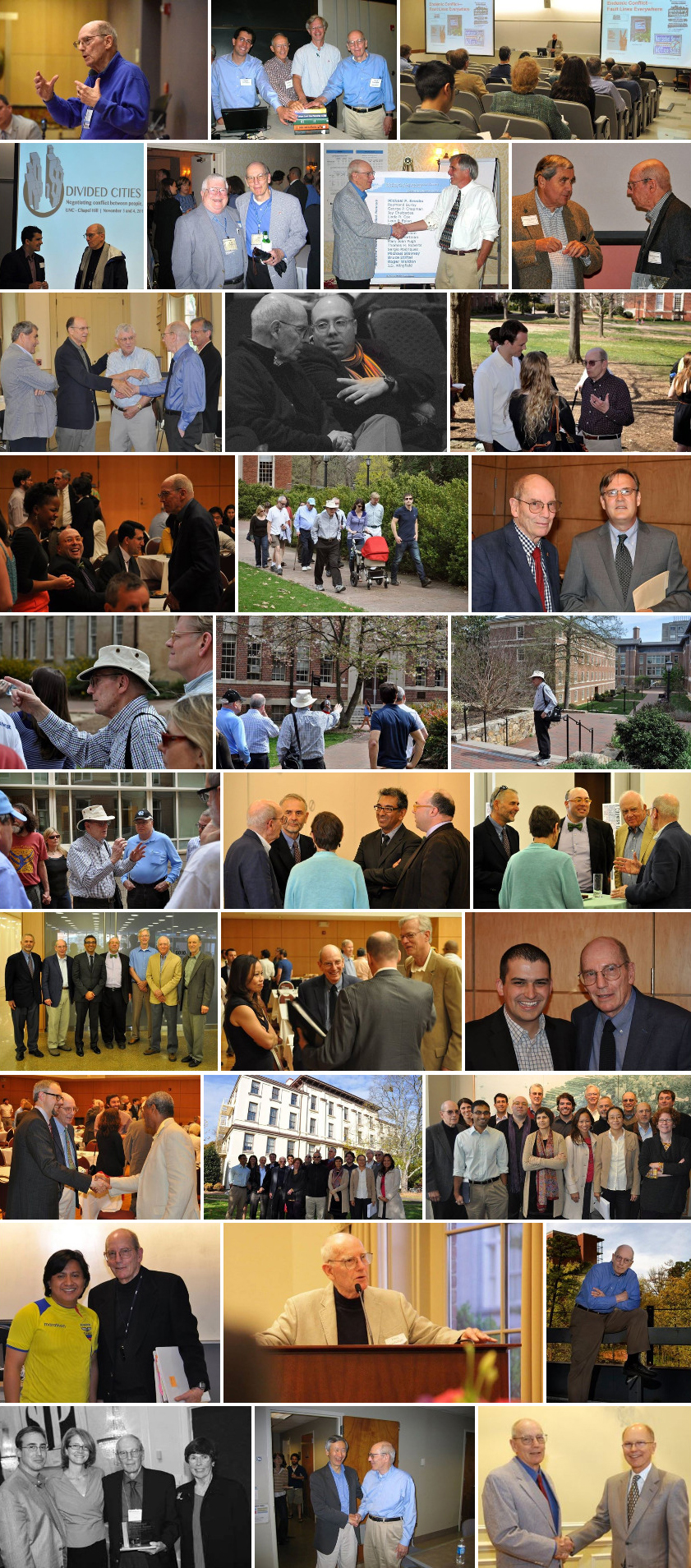Philip Berke’s work focuses on the relationship between community resilience and urban planning with specific focus on methods, theory and metrics of local planning and outcomes. He is the lead co-author of an internationally recognized book, Urban Land Use Planning (University of Illinois Press, fifth edition, 2006), which focuses on integrating principles of sustainable communities into urban form, and co-author of a book, Natural Hazard Mitigation: Recasting Disaster Policy and Planning, which was selected as one of the “100 Essential Books in Planning” of the 20th century by the American Planning Association Centennial Great Books. His 2015 publication on community resilience to hazards and climate change received the Best Article Award, the highest award for scholarly research given by the American Planning Association.
His current research focuses on development of the Plan Integration for Resilience Scorecard The aim is to better understand interactions among networks of policy institutions, networks of land use and development plans produced by such institutions, and social and physical vulnerability to hazards and climate change. Application of the Scorecard is currently funded by the U.S. Department of Homeland Security and the National Science Foundation to assist cities in the US and the Netherlands to improve urban resilience planning.
Berke currently serves on multiple advisory boards including the Urban Institute’s Global Evaluation of the Rockefeller Foundation Global 100 Resilient Cities, National Science Foundation’s Social Science Extreme Events Reconnaissance Platform, and Planet Texas 2050 Technical Advisory Board of UT-Austin.
In the News
Berke leads Center for Resilient Communities and Environment
Resilience Scorecard
Plan to Talk – Episode 1: Colleagues and friends for decades
Additional Links
CV
LinkedIn
| Website
| Google Scholar
Affiliations: Coastal Resilience Center
